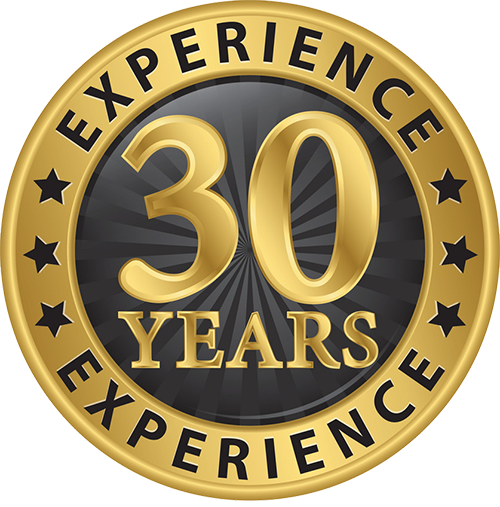What factors should I consider when renting a forklift?
Anyone in the know will realise that forklifts are the workhorses of many companies around Australia, and finding the right one for the job is crucial to keeping your factory or warehouse running in tip-top shape. Here at Eureka Forklifts, we understand that you need a reliable machine that gets the job done efficiently. So, in light of that, let's break down the key factors to consider when renting a forklift:
Choosing the right rental forklift: A simple guide
Lift capacity: How much muscle do you need?
This is probably the most important factor in choosing your forklift. The forklift's capacity must exceed the weight of the heaviest load you'll be lifting, so you will always have more than enough power to lift the things you need to move. It’s important to note that you should never try to exceed the rated capacity—it's dumb, dangerous and can damage the forklift and your materials.
Forklift capacities typically range from around 1000kg for small electric models to over 25,000kg for large industrial forklifts.
Load centre and lift height
The load centre refers to the horizontal distance from the front face of the forks to the centre of gravity of the load. A forklift's capacity is rated at a specific load centre, usually around 60cms. If the load is positioned further forward from the forks, the forklift's lifting capacity is reduced.
Forklifts will generally have a higher lifting capacity the lower the height. As the forks are raised, the forklift's stability is affected and the lifting capacity is reduced. Some forklifts may have a dual capacity rating listed on the data plate specifying a lower capacity at maximum lift height, so it’s always a good idea to ask about this when talking to a forklift rental provider.
What’s your working environment – indoor or outdoor?
The type of machine you need depends on where you will be using it. Electric forklifts are great for well-ventilated indoor spaces, given their quiet operation and zero emissions. Gas or diesel-powered forklifts, however, are a much better option for outdoor jobs and rough terrain.
Tight squeezes or wide-open spaces?
You will want to consider the space you or your machine operators will be working in. Tight aisles require a narrow-aisle forklift designed for precise maneuvering and small aisle spaces. A standard forklift can usually handle open warehouses or outdoor projects.
Who's in the driver's seat and what kind of licence will they need?
Different forklifts require specific operator licenses depending on their type and capacity. You will want to make sure your operator has the appropriate license to operate the rented machine safely and legally or you will have to get them trained up so they can safely and legally operate the machine you hire.
Remember - safety first!
When you finally hire a forklift, conduct a thorough pre-inspection before using it. Check for leaks, damage or worn parts. Always prioritise safe operation by following proper procedures and wearing appropriate personal protective equipment (PPE).
Need help? We’re forklift experts!
At Eureka Forklifts, we have a wide range of rental forklifts to suit any project. If you’re not sure what type you might need, we’re here to answer your questions and help you find the perfect machine for the job. Give us a call today!

